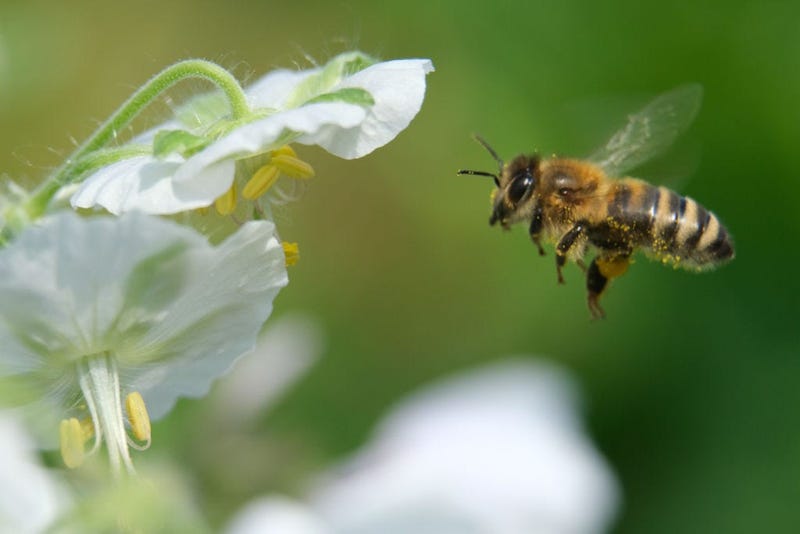At a meeting of the Royal Geographic Society of London, Earthwatch Institute declared bees to be the most invaluable species on this planet, declaring that "If the bees were to disappear today, mankind would follow suit very soon!"
75% of the food crops that produce the seeds and fruits we consume are influenced, at least partly, by pollination. 87 of the leading food crops worldwide are supported wholly or partially by pollination. This, in turn, feeds thousands of animal and bird species. They are the main reason for the diversity of plant species. According to the reports of the Food and Agricultural Organization of the United Nations (FAO), the decline in the bee population would adversely affect major crops like coffee, cocoa, almonds, tomatoes, and apples; just to name just a few.
There are more than 20,000 species of bees. A large majority of them do not live in hives, and also not adapt well to new plant types. The relation between bees and flowering plants is one of the most extensive, harmonious, and interdependent cooperation on the planet.
One biologist believes a total ban on the use of toxic pesticides, especially neurotoxins and using natural alternatives is needed immediately. Plus, pollinator-friendly practices in agriculture are a must. Farmers also need to be aware of the pollination needs of specific crops and act accordingly. And wildlife habitats must be preserved.

